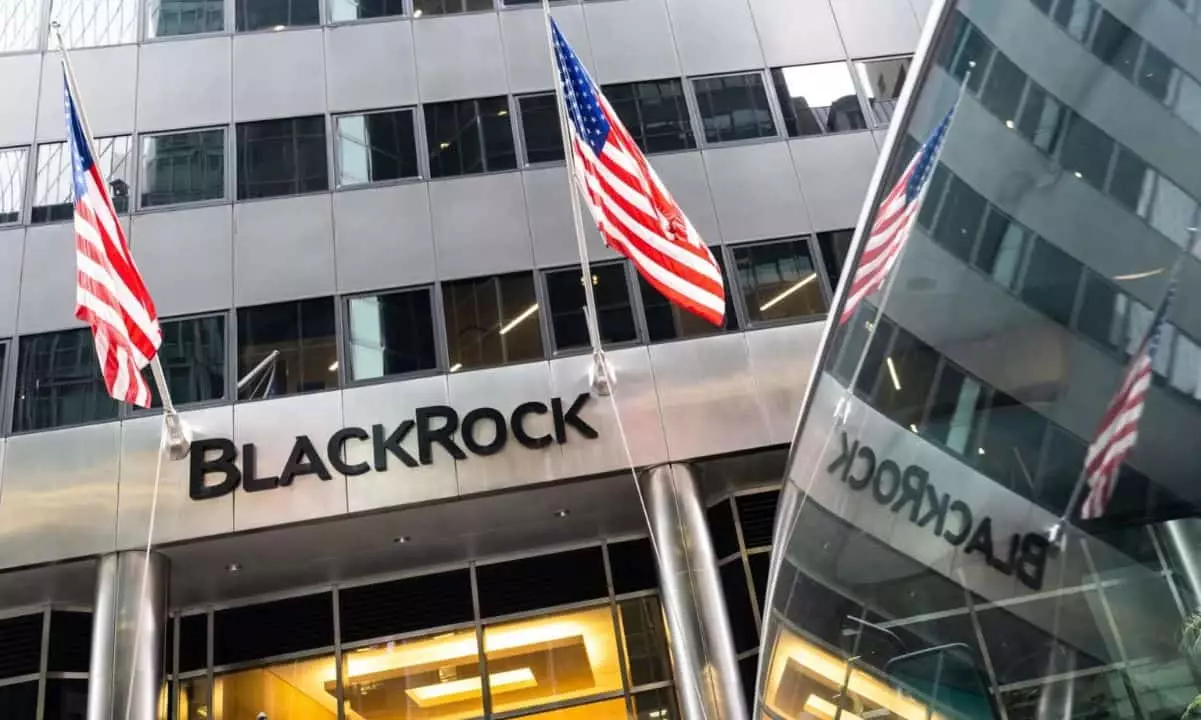BlackRock, one of the largest asset managers in the world, has made it clear that they currently have no plans to launch a Solana (SOL) ETF in the near future. This decision comes despite the tremendous success of their Bitcoin and Ethereum spot ETFs that were launched earlier this year. BlackRock’s Chief Investment Officer, Samara Cohen, emphasized the importance of investability and meeting certain criteria when considering new ETF offerings. She stated that while Bitcoin and Ethereum have met these standards, Solana does not currently meet the bar for inclusion in an ETF. This has opened up an opportunity for other asset managers to potentially enter the market with their own SOL ETF products.
The success of BlackRock’s Bitcoin and Ethereum spot ETFs cannot be denied. The iShares Bitcoin Trust (IBIT) has attracted nearly $20 billion in inflows since its launch on January 11, making it the best-performing ETF in history during its first 30 days. Additionally, BlackRock’s Ethereum ETF has already accumulated $440 million in ETH within its first week of trading. These figures highlight the strong demand for crypto ETFs among investors, particularly for established assets like Bitcoin and Ethereum.
Despite the popularity of Bitcoin and Ethereum ETFs, the case for launching a Solana ETF remains uncertain. BlackRock’s Head of Digital Assets, Robert Mitchnick, pointed out that Solana is still a relatively small player in the crypto market, representing only around 3% of total market cap. This lack of maturity, liquidity, and track record compared to Bitcoin and Ethereum makes it a less attractive option for investors. Mitchnick reiterated that Bitcoin remains the top priority for most crypto-focused clients, with Ethereum coming in second and other assets like Solana lagging far behind in terms of demand.
While BlackRock has ruled out a Solana ETF for the time being, other asset managers are stepping up to fill the gap. VanEck became the first firm to file for a Solana spot ETF in the United States back in June. The company argued that regulators should approve the ETF for public trading, noting that SOL functions similarly to Bitcoin and Ethereum as a digital commodity. However, unlike Bitcoin and Ethereum, Solana does not yet have a futures market on the CME, which could pose a challenge in gaining regulatory approval. The ongoing debate over whether SOL is classified as a security token also adds uncertainty to the prospects of a Solana ETF.
Overall, while the demand for crypto ETFs continues to grow, the road ahead for a Solana ETF remains uncertain. As BlackRock and other asset managers weigh the potential risks and rewards of launching a SOL ETF, investors will have to wait and see whether Solana can overcome its current challenges and establish itself as a viable option in the ETF market.

